Why do people often lose control before 'loveliness'?
Scientists have revealed why we are always "crazy" in front of lovely things.
A typical example is Taiwan's Eva Airways. The aircraft is painted with a colorful Hello Kitty cat, and the dishes in the flight are also decorated in a lovely style.
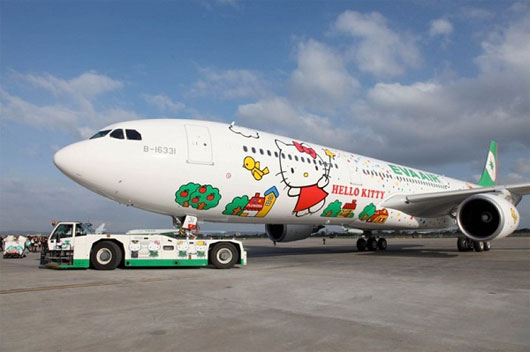
Photos decorated outside the aircraft of Eva Airways
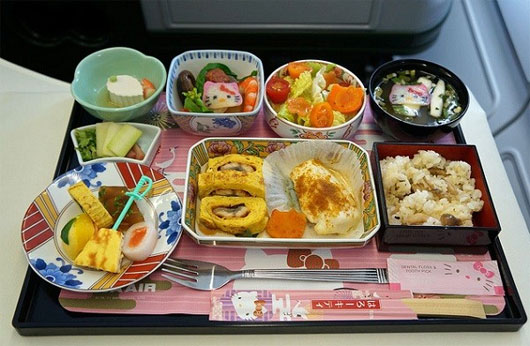
Lovely meals are served to passengers on the plane
In Japan, the term 'kawaii' refers to the use of loveliness in a popular way in popular culture, from costumes, toys to movies, to art.
For example, many public transport in Japan like airplanes, trains are decorated with images of familiar comic characters such as Doraemon machine cats.
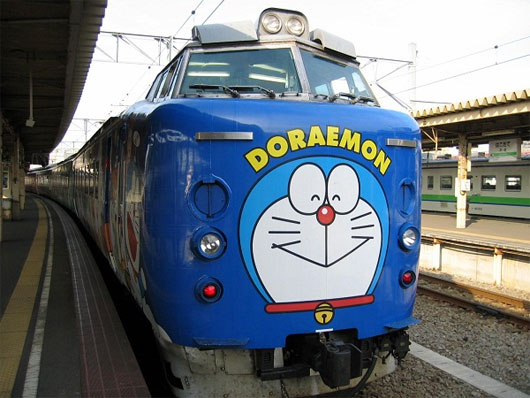
Meanwhile, scientists have devoted much effort to studying the effect of loveliness on the brain and human behavior. They divided the cuteness into two different types, one of which originated from living things (babies, cats and dogs) and the other that came from 'non-living things' , or pictures and objects of children. creator.
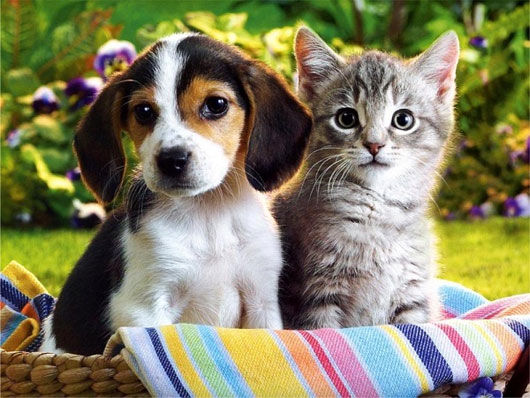
Scientists have proven that, if we see lovely babies or animals, affectionate, want to take care of and protect that cuteness will appear in our heads.
As a result, the concentration of the brain will increase to help carry out this thought . For example, if you see a kitten, you will want to cuddle it and caress carefully so that it will not scare or hurt you.
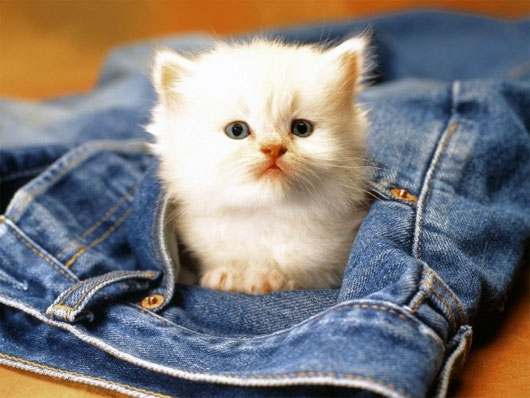
In 2009, scientists conducted a test. A group of volunteers was shown 27 photos of adorable puppies and kittens before playing a video game.
As a result, the target group of cats and puppies to see higher results than the group of dogs and adult cats. That shows, loveliness helps us act more carefully and accurately.

And the loveliness comes from the images of 'not living' , that is, people create a sense of relaxation, which makes us want to enjoy and rest. In the Journal of Consumer Research, two scientists Nenkov and Scott published the results of an experiment.
Two groups of people were invited to eat ice cream, one group ate with a normal ice cream spoon while the other group used a lovely ' spoon ' shaped like a girl.

The image of a spoon with a girl's shape (left) and a normal spoon (right)
The results were unexpected, although the lovely spoon scooped up less ice cream, but they were chosen more. Besides, a beautiful spoon also makes the user eat more ice cream than usual.
The two scientists continue to conduct another trial on 119 volunteers. They were given 3 free shopping cards from Amazon: a white (neutral), one with a cute baby picture and the other with colorful circles. They can choose to buy movies from two academic genres (making viewers have to " think " , think) and entertain (movies for relaxation, comedy).

After comparing the results, the scientists found that people with colorful circular cards tend to choose more entertaining films than the other two groups. It seems that "lovely, colorful" stimulates people to enjoy more fun.

In summary, it can be seen that each of the different 'lovely' types will make people behave completely differently. While 'lovely life' (coming from a baby, animal) causes people to direct their interest outside of themselves and improve their concentration, the ' loveliness does not live' leads us towards in, satisfy your own needs and encourage us to relax and relax.
* The article is based on the views of researcher Eric Jaffe, posted on Fastcodesign.
- Lose weight ... avatar
- Murder at innocent sleepwalking?
- Obesity control device
- How to not lose your flight like MH370
- Pathology makes ordinary people become evil
- Detecting hormones helps obese people lose weight
- Miserable because of strange hand syndrome
- Restraining feelings of anger causes life
- Obese people may lose vision
- Millions of Asians will lose their homes in 2070
- Discovered genes that make women angry with their babies
- Explaining why fish lose their heads and still have a hard time
 'Fine laughs' - Scary and painful torture in ancient times
'Fine laughs' - Scary and painful torture in ancient times The sequence of numbers 142857 of the Egyptian pyramids is known as the strangest number in the world - Why?
The sequence of numbers 142857 of the Egyptian pyramids is known as the strangest number in the world - Why? History of the iron
History of the iron What is alum?
What is alum?